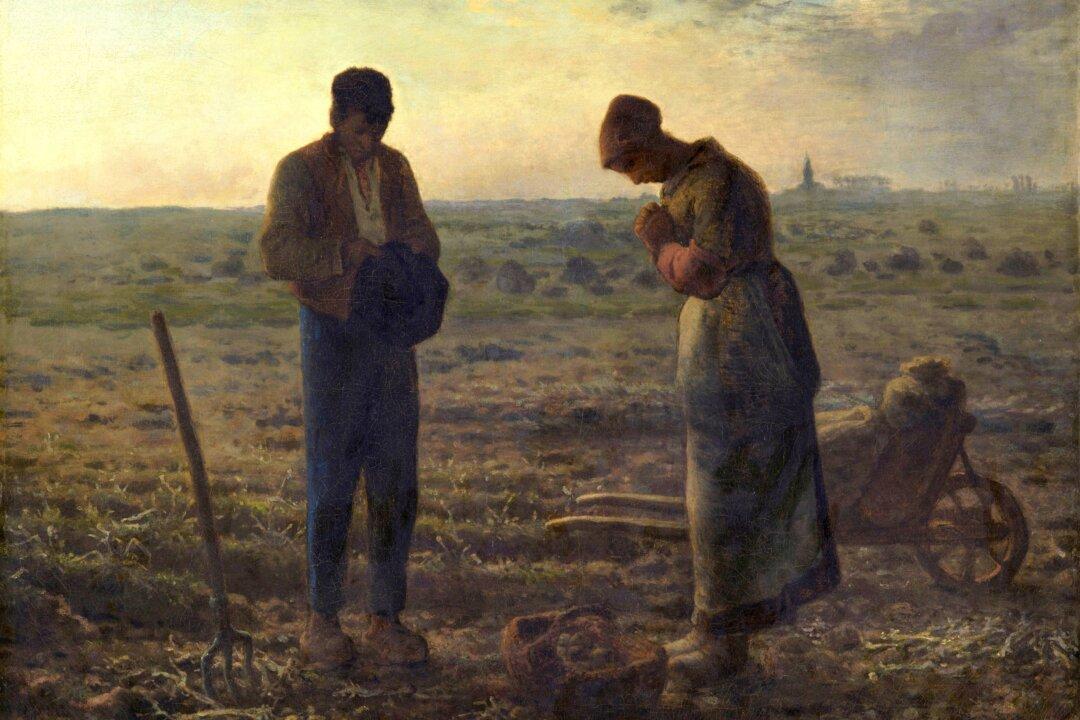Commentary
The COVID-19 pandemic is at our doorstep, an unwelcome intruder sweeping through our collective, comfortable assumptions about the world as we know it, ready to throw it into turmoil

The COVID-19 pandemic is at our doorstep, an unwelcome intruder sweeping through our collective, comfortable assumptions about the world as we know it, ready to throw it into turmoil